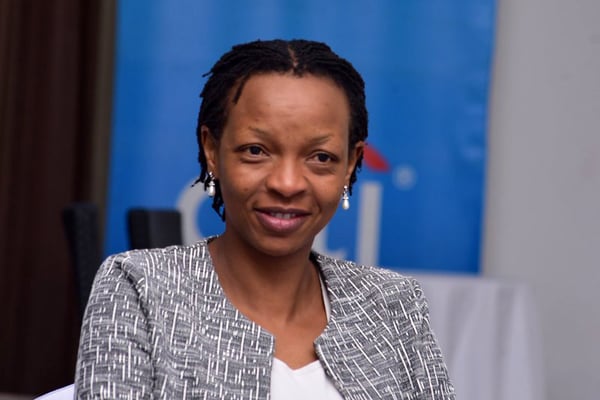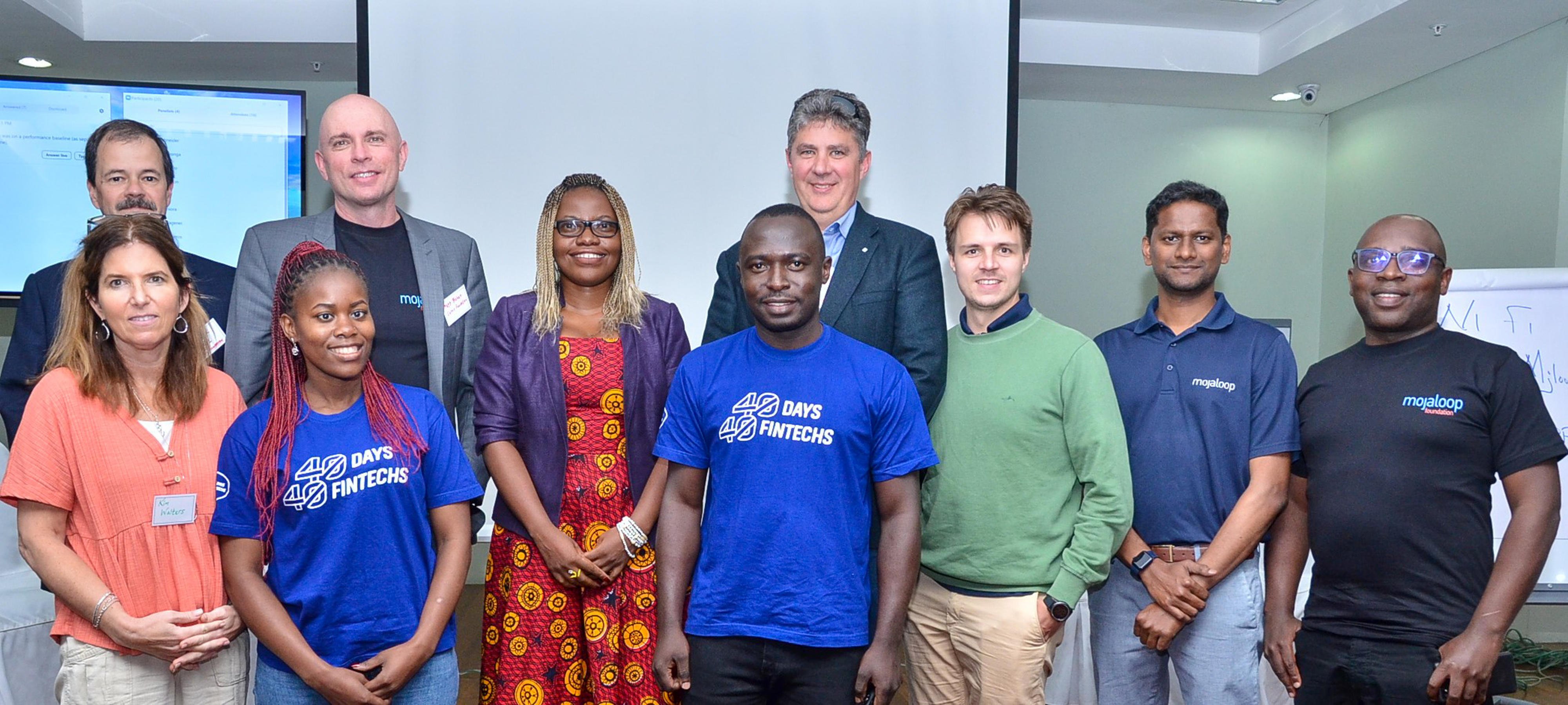Cross border trade offers a pathway to Covid-19 recovery – UBA

the CEO of Citibank Uganda and the Chair, Uganda Bankers’ Association (UBA), Ms Sarah Arapta
What you need to know:
- Strict capital requirements, increasing the costs of carrying out due diligence, making funding to SMEs costly and sometimes unprofitable, stringent collateral requirements, high cost of capital, and lengthy credit assessment periods, the requirement of confirmation of letters of credit (LCs), as all LCs issued by African banks, need proof when the counterparty is located outside the region.
- An then the dominance and global strengthening of the US dollar as the preferred trade currency increase the need for scarce foreign exchange liquidity, thereby constraining trade finance by some banks, not to mention most African countries have poor sovereign credit ratings, resulting in low lending limits by international financiers and a higher cost of borrowing.
The impact of Covid-19 on the country’s economic performance has been immense, according to Uganda Bankers’ Association assessment.
Speaking at the ongoing 2022 Afreximbank Trade Finance Seminar (ATFS) being held in Kampala, the CEO of Citibank Uganda and the Chair, Uganda Bankers’ Association (UBA), Ms Sarah Arapta, noted indicative statistics shows that the pandemic shock contributed to revenue shortfalls of Shs3.2 trillion in FY2019/20 and Shs 2.2 trillion in FY2020/21.
This said was in addition to a sharp increase in the budget deficits to 7 per cent and 9 per cent in FY2019/20 and FY2020/21, respectively.
She further noted that debt service to revenue increased to nearly 31 per cent in FY2021/22 from about 22 per cent in FY2019/20.
She told also reveal to the Afreximbank Trade Finance Seminar participants that the pandemic didn’t spare particularly external trade side as the review of the country ’s import- export values indicate that between July 2021 and June 2022, the trade deficit rose from $314.56 million to $439.38 million or 39.7 per cent, meaning Uganda imported much more that it exported.
On the positive note however, Uganda’s merchandise export receipts increased by 3.8 per cent from $ 365.13 million in June 2022 to $379.16 million in July 2022. This was mainly due to increased receipts from maize, simsim, vanilla, hides & skins whose export volumes also increased during the month.
The East African Community was the major destination for Uganda’s exports in July 2022, accounting for 57.7 per cent of the export receipts.
“Covid-19 clearly demonstrated the urgent need for growing cross -border trade, payment gateways and settlement systems,” argues Ms Arapta.
She continues: “Afrexim Bank plays a pivotal role in the mobilization of capital that promotes trade flows and its delivery through the wide product and service range to governments, financial institutions and businesses.
“This chain of interventions and linkages (backward & forward) brings about jobs, foreign exchange and economic development which is what Africa desperately needs.”
Africa’s MSME space…
In his speech on the opening of the three day Afreximbank Trade Finance Seminar, the Deputy Governor of Bank of Uganda, Dr Michael Atingi-Ego said not only is the world still reeling from the impact of the Covid-19 pandemic on global supply chains, but it remains in the throes of an escalating Russia-Ukraine war that has escalated the prices of vital commodities.
Afreximbank's African Trade Report for 2022 showed that Africa remained a peripheral contributor to global trade at about 2.6 per cent in 2021.
Also, the 2022 African Economic Outlook by the African Development Bank revealed significant financing gaps for Africa's trade that betray insufficient policy support from governments and the legal, regulatory, and financial sectors.
“As a result, limited access to finance continues to stunt the growth of Africa's trade sector,” said the central bank deputy governor.
He continued: “The pandemic and geopolitical tensions, together with knee-jerk protectionism and trade barriers by some countries, have amplified the challenges facing Africa's trade and trade finance. Financial flows have been hampered by heightened uncertainty and growing risk, thereby starving frontier economies of much-needed liquidity.”
Dr Michael Atingi-Ego also applauded the first half of 2022, Afreximbank approved loans worth $20.7 billion, following on from loans of $18.1 billion in 2021, and $16.3 billion in 2020, indicating a steady rise in trade and trade-related project finance lending.
On the other hand, Dr Michael Atingi-Ego noted thatAfrican financial institutions' provision of trade finance lags behind global performance. Data from the African Development Bank shows that from 2011 to 2019, banks intermediated about 40% of total African trade compared to the worldwide average of 80 per cent.
Similarly, the share of small and medium enterprises (SMEs) in trade finance applications rejected by banks increased from 20 per cent in 2013 to 40 per cent in 2019. The pandemic is likely to have worsened the financing gaps for SMEs, given their limited scope for resilience to protracted shocks.
According to the World Bank, SMEs, which make up the more significant portion of businesses in Africa and contribute about 60 per cent of total employment and 40 per cent of GDP in emerging economies, remain locked out of the local and international banking systems compared to companies and multinationals.
The International Finance Corporation (IFC) calculates the finance gap (across all types of finance) for 44 million micro, small and medium-sized enterprises (MSMEs) in sub-Saharan Africa to be $331 billion.
“Therefore, solutions seeking to close the trade finance gap in Africa would do very well to focus on MSMEs because they offer an engine for inclusive economic growth,” says the central bank deputy governor.
Moreover, he says, the prevalence of a large informal sector in Africa complicates determining what makes a "bankable" project/enterprise. Informality makes providing and accessing trade finance costly, risky, and not so profitable due to numerous challenges, including: New banking regulations on Know-Your-Customer/Anti–Money Laundering (KYC/AML) and needless increases in capital charges (Basel III).
The country’s deputy governor is of the view that digitization of Africa's trade ecosystem through adopting cloud-based solutions, blockchain technology, artificial intelligence and machine learning will address some trade finance gaps by harnessing data for differentiation of borrowers, including informal firms.





